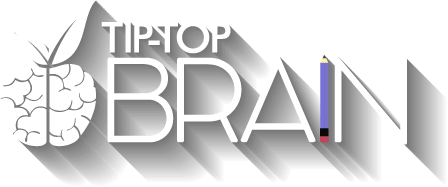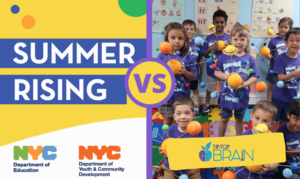Outside of school, many families pursue tutoring for their children. Between all of the various tutoring options, finding the optimal program for your student can get tricky. There are so many tutoring platforms available these days, but perhaps the largest decision you’ll have to make is between the decision to enroll in at-home tutoring or attending a learning center. The decision is by no means trivial and is arguably the most important. There are a lot of axes to compare the two tutoring options along, including cost, quality, and available resources to name a few. So how do they measure up?
Learning Center Tutoring
Pros
- Tutors are seasoned professionals. Tutors that have been hired by a learning center have been vetted, and students are ensured high-quality instruction. Due to hiring standards at most learning centers, tutors often have degrees or qualifications not necessarily expected of private tutors.
- Learning centers have plenty of resources. Learning centers invest in access to textbooks, prep books, software, and other educational tools that students have access to.
Signs You’ve Found A Great Learning Center:
- The learning center offers socialization. At a tutoring center, other students will be in attendance. Interaction with other students offers the opportunity to form study groups and a learning community. Social spheres can play a significant role in motivating students.
- The learning center offers help in an array of classroom subjects. Although your student may only currently need help in one subject, if need be, at a tutoring center, they’d be able to access help to other subjects. For instance, perhaps a student initially goes for math help but ends up requiring tutoring in science. A tutoring center would be able to provide help in either subject, whereas a private tutor may not.
- The learning center is well-structured. Tutoring shouldn’t be any less structured than classroom learning. Great tutoring is the result of great planning (amongst other things,) and learning centers can provide a road map of where your student is, where they ought to be, and how and when they’ll get there.
Cons
- The cost can run higher at superb learning centers. In general, learning centers costs more on average than private tutors. However, this says little about value, as a great learning center provide a host of resources and services private tutors cannot.
- Commute Required. During a typical year, many learning centers require students to travel in for their programs. However, this year is certainly not typical, and many learning centers have made services available online. For example, Tip-Top Brain now offers fully remote tutoring services via Zoom, with attentive instructors well versed in distance learning.
Private At-Home Tutoring
Pros
- Private tutors can be seen nearly anywhere. Session could take place in a local library, or you can opt for truly at-home tutoring, but this is usually up to the parents.
Signs You’ve Found a Great Private Tutor:
- Certified teachers can provide high-quality tutoring services, and have knowledge of state curriculum standards.
- The tutor provides references and testimonials that corroborate their credentials, and demonstrates the efficacy of their tutoring abilities.
Cons
- Private tutors generally possess knowledge in a single subject. Moreover, it can be difficult to identify the degree to which a private tutor is qualified, as this is not being verified by other education experts.
- Private tutors are seldom formally trained. Even if a tutor has the expertise your student needs, it’s no guarantee they can communicate it. Private tutors don’t necessarily have experience teaching, whereas many learning or education centers regularly train and augment their tutors’ teaching abilities.
- Tutoring is done in a less structured setting. Some students focus better in classrooms, or environments they recognize as being for academic purposes. With that being said, some students run with at-home tutoring because the kitchen, television, or their sibling is screaming for attention.
- Certified teachers make for fantastic private at-home tutors, but the cost of their services tend to quickly outpace those of learning centers.
There’s a lot to consider when choosing the right tutoring set-up for you and your student. Although they’ll likely get help whether they end up at a learning center or doing private at-home tutoring, we all want the best for our students. After carefully considering what you need from your tutoring center, and asking your learner what they want, it’s “interviewing” your options. Any learning center, or private at-home tutor worth their salt will be happy to answer any questions you might have. So, what questions will you ask?







